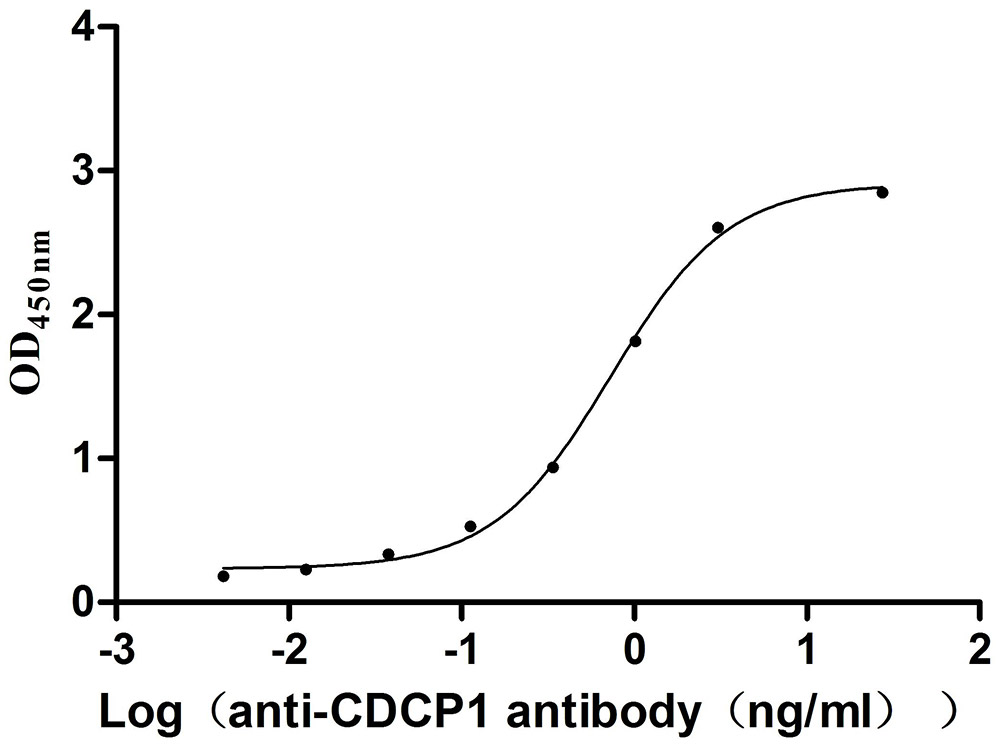Recombinant Human SET and MYND domain-containing protein 3 (SMYD3)
-
中文名称:人SMYD3重组蛋白
-
货号:CSB-YP884482HU
-
规格:
-
来源:Yeast
-
其他:
-
中文名称:人SMYD3重组蛋白
-
货号:CSB-EP884482HU-B
-
规格:
-
来源:E.coli
-
共轭:Avi-tag Biotinylated
E. coli biotin ligase (BirA) is highly specific in covalently attaching biotin to the 15 amino acid AviTag peptide. This recombinant protein was biotinylated in vivo by AviTag-BirA technology, which method is BriA catalyzes amide linkage between the biotin and the specific lysine of the AviTag.
-
其他:
-
中文名称:人SMYD3重组蛋白
-
货号:CSB-BP884482HU
-
规格:
-
来源:Baculovirus
-
其他:
-
中文名称:人SMYD3重组蛋白
-
货号:CSB-MP884482HU
-
规格:
-
来源:Mammalian cell
-
其他:
产品详情
-
纯度:>85% (SDS-PAGE)
-
基因名:SMYD3
-
Uniprot No.:
-
别名:bA74P14.1 (novel protein); bA74P14.1; FLJ21080; histone lysine N methyltransferase SMYD3; KMT3E; MGC104324; SET and MYND domain containing 3; SET and MYND domain containing protein 3; SET and MYND domain-containing protein 3; SMYD 3; Smyd3; SMYD3 protein; SMYD3_HUMAN; Zinc finger MYND domain containing 1; Zinc finger MYND domain containing protein 1; Zinc finger MYND domain-containing protein 1; Zinc finger protein subfamily 3A MYND domain containing 1; Zinc finger protein, subfamily 3A (MYND domain containing), 1; ZMYND 1; ZMYND1; ZNFN3A1
-
种属:Homo sapiens (Human)
-
蛋白长度:full length protein
-
表达区域:1-428
-
氨基酸序列MEPLKVEKFA TAKRGNGLRA VTPLRPGELL FRSDPLAYTV CKGSRGVVCD RCLLGKEKLM RCSQCRVAKY CSAKCQKKAW PDHKRECKCL KSCKPRYPPD SVRLLGRVVF KLMDGAPSES EKLYSFYDLE SNINKLTEDK KEGLRQLVMT FQHFMREEIQ DASQLPPAFD LFEAFAKVIC NSFTICNAEM QEVGVGLYPS ISLLNHSCDP NCSIVFNGPH LLLRAVRDIE VGEELTICYL DMLMTSEERR KQLRDQYCFE CDCFRCQTQD KDADMLTGDE QVWKEVQESL KKIEELKAHW KWEQVLAMCQ AIISSNSERL PDINIYQLKV LDCAMDACIN LGLLEEALFY GTRTMEPYRI FFPGSHPVRG VQVMKVGKLQ LHQGMFPQAM KNLRLAFDIM RVTHGREHSL IEDLILLLEE CDANIRAS
-
蛋白标签:Tag type will be determined during the manufacturing process.
The tag type will be determined during production process. If you have specified tag type, please tell us and we will develop the specified tag preferentially. -
产品提供形式:Lyophilized powder
Note: We will preferentially ship the format that we have in stock, however, if you have any special requirement for the format, please remark your requirement when placing the order, we will prepare according to your demand. -
复溶:We recommend that this vial be briefly centrifuged prior to opening to bring the contents to the bottom. Please reconstitute protein in deionized sterile water to a concentration of 0.1-1.0 mg/mL.We recommend to add 5-50% of glycerol (final concentration) and aliquot for long-term storage at -20℃/-80℃. Our default final concentration of glycerol is 50%. Customers could use it as reference.
-
储存条件:Store at -20°C/-80°C upon receipt, aliquoting is necessary for mutiple use. Avoid repeated freeze-thaw cycles.
-
保质期:The shelf life is related to many factors, storage state, buffer ingredients, storage temperature and the stability of the protein itself.
Generally, the shelf life of liquid form is 6 months at -20°C/-80°C. The shelf life of lyophilized form is 12 months at -20°C/-80°C. -
货期:Delivery time may differ from different purchasing way or location, please kindly consult your local distributors for specific delivery time.Note: All of our proteins are default shipped with normal blue ice packs, if you request to ship with dry ice, please communicate with us in advance and extra fees will be charged.
-
注意事项:Repeated freezing and thawing is not recommended. Store working aliquots at 4°C for up to one week.
-
Datasheet :Please contact us to get it.
相关产品
靶点详情
-
功能:Histone methyltransferase. Specifically methylates 'Lys-4' of histone H3, inducing di- and tri-methylation, but not monomethylation. Also methylates 'Lys-5' of histone H4. Plays an important role in transcriptional activation as a member of an RNA polymerase complex. Binds DNA containing 5'-CCCTCC-3' or 5'-GAGGGG-3' sequences.
-
基因功能参考文献:
- Study reported for the first time that SMYD3 promoter hypomethylation was associated with colorectal cancer in a Chinese cohort. PMID: 29969917
- The property that SMYD3 is preferentially recruited to individual promoters may rely on both its binding sequences and its binding partners. Further investigation is required to clarify this specificity. PMID: 28630472
- High Ki67, EZH2, and SMYD3 immunoexpression, adjusted for standard clinicopathological parameters, independently predicts outcome in patients with prostate cancer, at diagnosis. PMID: 29174711
- SMYD3 VNTR 3/3 polymorphism confers an increased risk and poor prognosis of hepatocellular carcinoma in a Chinese population PMID: 29691085
- EZH2 rs12670401 and rs6464926 polymorphisms, EZH2 and SMYD3 expression, clinical staging, lymph node metastasis, human epidermal growth factor receptor-2 (HER2) status, and metastasis may be correlated with breast cancer susceptibility and prognosis. PMID: 29089464
- Overexpression of SMYD3 is an independent prognostic risk of unfavorable prognosis of hepatocellular carcinoma (HCC). The anti-SMYD3 therapy may be a potential approach to treat HCC. PMID: 29187705
- SMYD3-mediated methylation of HER2 at Lysine 175 may regulate the formation of HER2 homodimer and subsequent autophosphorylation and suggest that the SMYD3-mediated methylation pathway seems to be a good target for development of novel anti-cancer therapy. PMID: 28639750
- SMYD3-mediated methylation of AKT1 at lysine 14 is essential for AKT1 activation and that SMYD3-mediated AKT1 methylation appears to be a good target for development of anti-cancer therapy. PMID: 27626683
- However, stratification of patients according to their smoking history significantly expands the prognostic value of SMYD3 to overall survival and other features, suggesting that smoking-related effects saturate the clinical analysis and mask the function of SMYD3 as an oncogenic potentiato PMID: 27554136
- SMYD3 enhances tumorigenicity in esophageal squamous cell carcinoma by enhancing transcription of ezrin and LOXL2, which are involved in proliferation, migration, and invasion. PMID: 26980013
- SMYD3-mediated H2A.Z.1K101 dimethylation activates cyclin A1 expression and contributes to driving the proliferation of breast cancer cells. PMID: 27569210
- VNTR genotype 3/3 of the SMYD3 gene was associated with the risk of ovarian cancer. PMID: 28024138
- The present results suggest that NS5A interacts with SMYD3 and induces AP-1 activation, possibly by facilitating binding between HSP90 and SMYD3. This may be a novel mechanism of AP-1 activation in HCV-infected cells. PMID: 27080060
- SMYD3 physically interacts with the promoter of BCLAF1 and upregulates its expression by accumulating di- and trimethylation of H3K4 at the BCLAF1 locus. SMYD3 overexpression in bladder cancer cells promotes autophagy activation. PMID: 26676636
- High expression of SMYD3 is associated with chronic lymphocytic leukemia. PMID: 26790435
- results clearly revealed structural determinants for the substrate preference of SMYD3 and provided mechanistic insights into lysine methylation of MAP3K2. PMID: 26929412
- A novel HBx-interacting protein, SMYD3, was identified, leading to proposal of a novel mechanism of AP-1 activation in HBV-infected cells. PMID: 26616333
- Postulate that AdoMet cofactor acts like a key and locks Smyd3 in a closed conformation. PMID: 27085704
- Results showed that SMYD3 is overexpressed in human glioma and contributes to glioma tumorigenicity through p53. PMID: 26328527
- SMYD3 interacts with the human positive coactivator 4 (PC4) and that such interaction potentiates a group of genes whose expression is linked to cell proliferation and invasion. PMID: 26350217
- Results support a proto-oncogenic role for SMYD3 in prostate carcinogenesis, mainly due to its methyltransferase enzymatic activity. PMID: 25980436
- role of histone methyltransferase SMYD3 in tumors PMID: 25248712
- Loss of SMYD3-HSP90 interaction leads to SMYD3 mislocalization within the nucleus, thereby losing its chromatin association. This results in reduction of SMYD3-mediated cell proliferation and, potentially, impairment of SMYD3's oncogenic activity. PMID: 25738358
- High SMYD3 and pSTAT3 expressions may indicate poor prognosis of patients with gastric cancer PMID: 25471787
- Results suggest that high expression of SMYD3 is related to the occurrence of esophageal squamous cell carcinoma. Also, its suppression promoted the expression of RIZ1 suggesting a signal transduction pathway between SMYD3 and RIZ1. PMID: 24993551
- SMYD3 and MMP-9 may play important roles in tumor invasion, metastasis, and prognosis and could work as promising targets for prognostic prediction in gastric cancer. PMID: 25627005
- SET and MYND domain-containing protein 3 expression and TGF-beta1 expression in gastric cancer (GC) tissues were significantly and positively correlated. High expression levels of SMYD3 and TGF-beta1 can indicate poor prognoses for GC patients. PMID: 26077602
- represent the proof of principle that SMYD3 is a druggable target PMID: 25728514
- SMYD3-mediated methylation of MAP3K2 increases mutant K-Ras-induced activation of ERK1/2. (Review) PMID: 25382779
- SMYD3 performed an important function in the aggressiveness of gastric carcinoma and may act as a promising target for prognostic prediction. PMID: 25472580
- The expression profiling revealed in the more aggressive diseases (i.e. occurrence of metastases; persistent disease; disease-related death) a significant increase of EZH2 and SMYD3 gene expression. PMID: 24813658
- Mutational analyses revealed that the MYND-domain of SMYD3 and domain III of hepatitis C virus NS5A are required for the interaction. PMID: 25092459
- methylation of MAP3K2 by SMYD3 increases MAP kinase signalling and promotes the formation of Ras-driven carcinomas PMID: 24847881
- SMYD3 promotes prostate tumorigenesis and mediates epigenetic upregulation of AR expression. PMID: 24174655
- low miR-124 levels mediated by HCV core protein via DNMT1 promote intrahepatic cholangiocarcinoma cell migration and invasion by targeting SMYD3 PMID: 22819820
- Depletion of Smyd3 leads to diminished cell proliferation in HeLa cell line. PMID: 22419068
- Down-regulation of SMYD3 induces G1-phase cell cycle arrest, indicating the potent induction of apoptosis by SMYD3 knockdown. PMID: 20957523
- Results show SMYD3 as an important new regulator of MMP-9 transcription, and provide a molecular link between SMYD3 overexpression and metastatic cancer progression. PMID: 22194464
- The structure revealed an overall compact architecture in which the "split-SET" domain adopts a canonical SET domain fold and closely assembles with a Zn-binding MYND domain and a C-terminal superhelical 9 alpha-helical bundle. PMID: 21779408
- HCVc could upregulate the methylation status of the RASSF1A promoter through regulation of SMYD3, and histone methylation may affect the DNA methylation of downstream gene by an unknown mechanism PMID: 21450690
- Structural analysis shows that the previously uncharacterized C-terminal domain of Smyd3 contains a tetratrico-peptide repeat domain which together with the SET and post-SET domains forms a deep, narrow substrate binding pocket. PMID: 21266482
- SmyD3 has a two-lobed structure with the substrate binding cleft located at the bottom of a 15-A-deep crevice formed between the N- and C-terminal lobes. PMID: 21167177
- presence of activating KRAS mutations is significantly correlated to an upregulation of 13 genes (adjusted P-value <0.05), among them DUSP4, a MAP-kinase phosphatase, and SMYD3, a histone methyltransferase PMID: 20725992
- HBx may induce the expression of histone methyltransferase SMYD3, which in turn stimulates cell proliferation and blocks apoptosis in HepG2 cells. PMID: 19403031
- SMYD3 encodes a histone methyltransferase involved in the proliferation of cancer cells. PMID: 15235609
- SMYD3-NY is a novel transcript variant of the SMYD3 gene, and SMYD3-NY protein may influence transcriptional regulation during spermatogenesis via HTMase activity PMID: 16081583
- The common variable number of tandem repeats polymorphism in SMYD3 is a susceptibility factor for some types of human cancer. PMID: 16155568
- Enhanced SMYD3 expression is associated with growth of breast cancer PMID: 16441421
- study shows that SMYD3 polymorphism is not associated with the occurrence and metastasis of hepatocellular carcinoma in Chinese population PMID: 17431393
- The proliferation, migration induction and apoptosis inhibition activities of SMYD3 in hepatocellular carcinoma may be mediated through RIZ1 CpG promoter hypermethylation. PMID: 17963297
收起更多
-
亚细胞定位:Cytoplasm. Nucleus.
-
蛋白家族:Class V-like SAM-binding methyltransferase superfamily, Histone-lysine methyltransferase family
-
组织特异性:Expressed in skeletal muscles and testis. Overexpressed in a majority of colorectal and hepatocellular carcinomas.
-
数据库链接:
HGNC: 15513
OMIM: 608783
KEGG: hsa:64754
STRING: 9606.ENSP00000373637
UniGene: Hs.567571


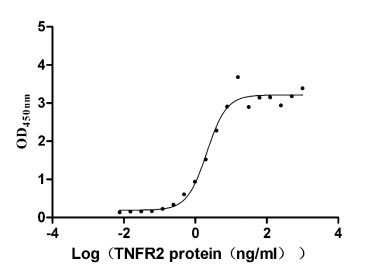
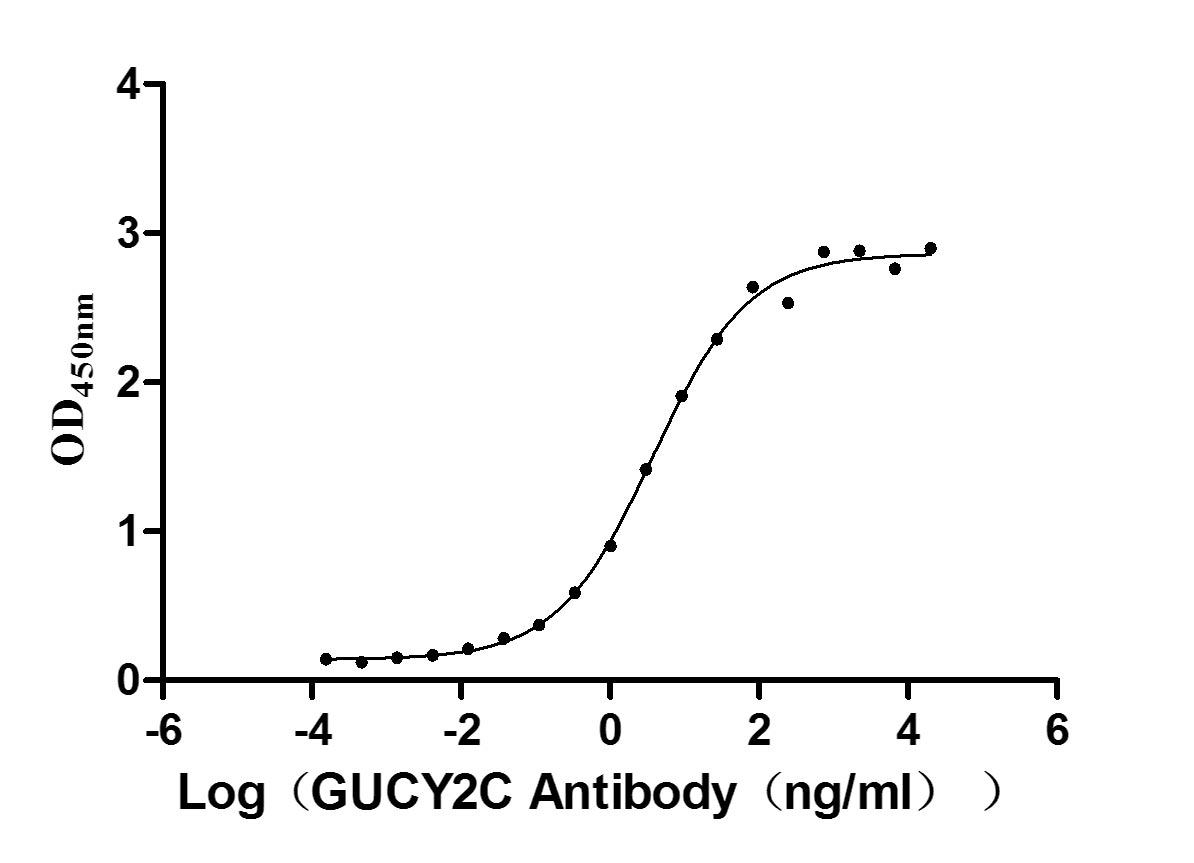
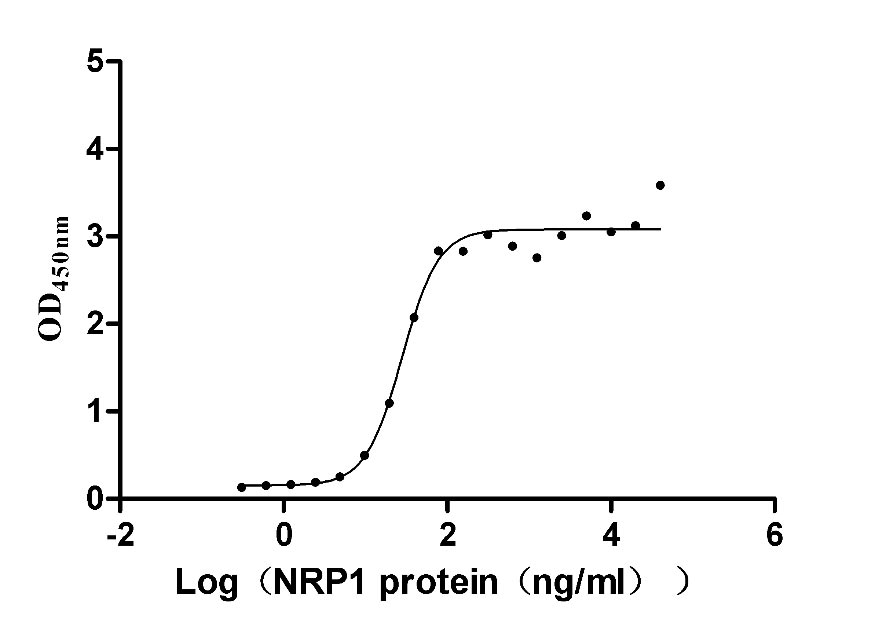
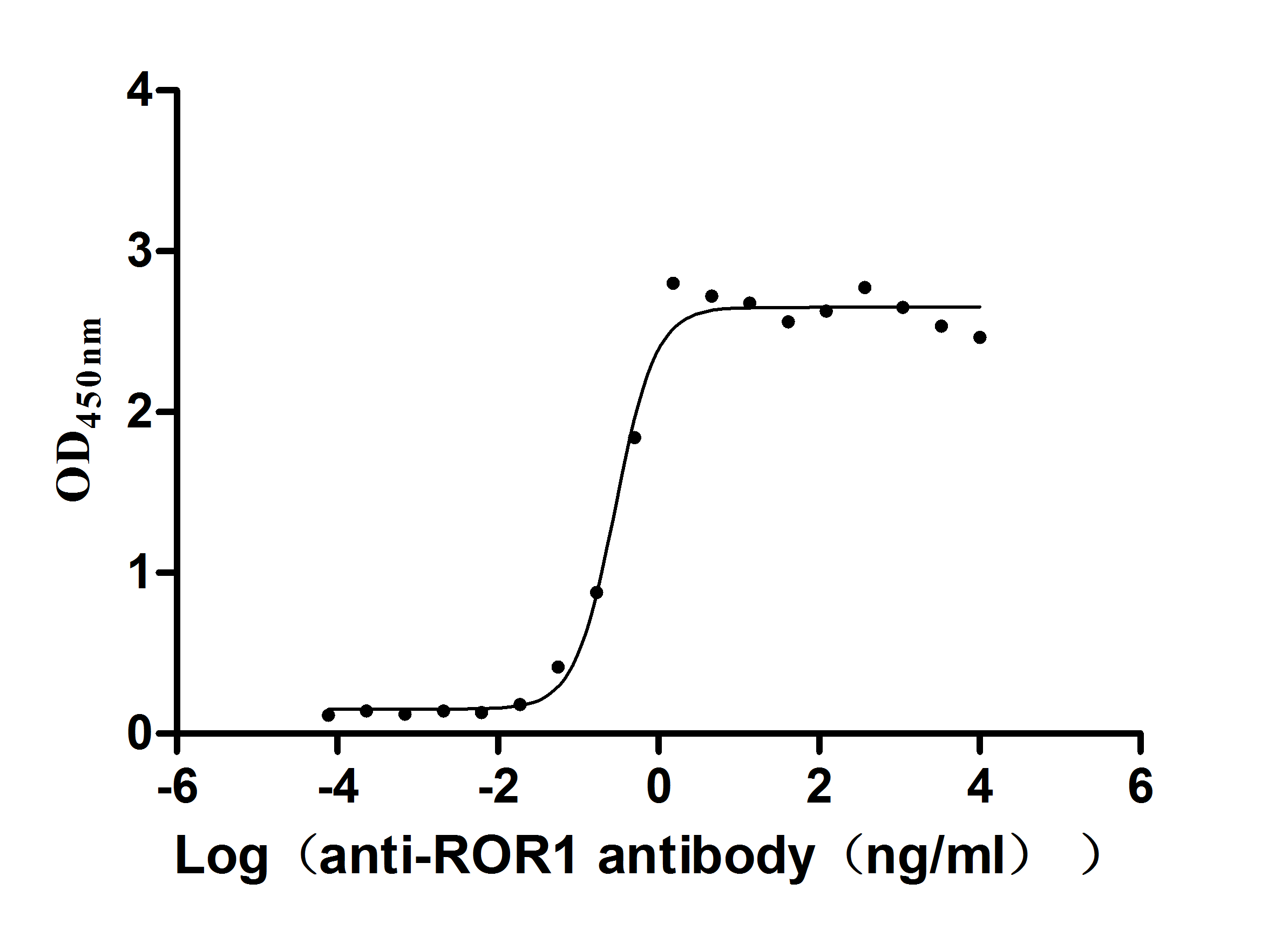
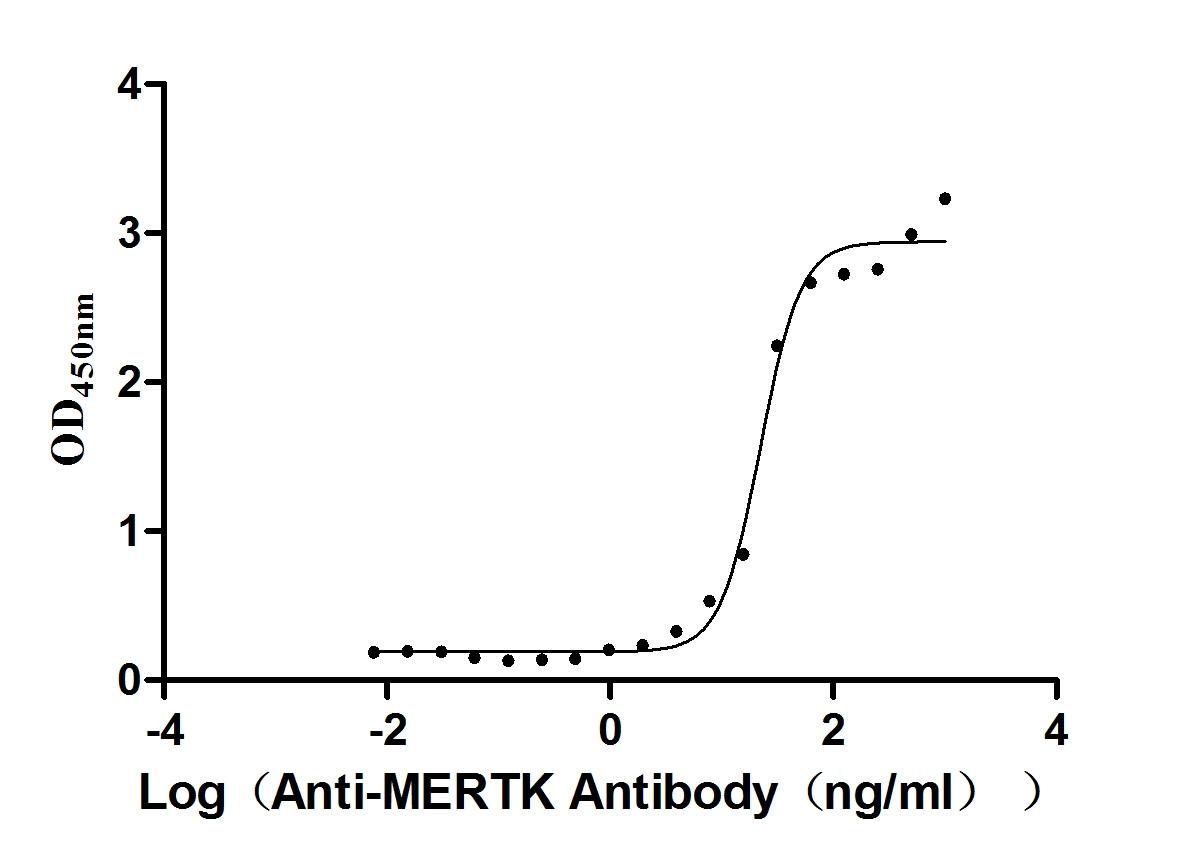
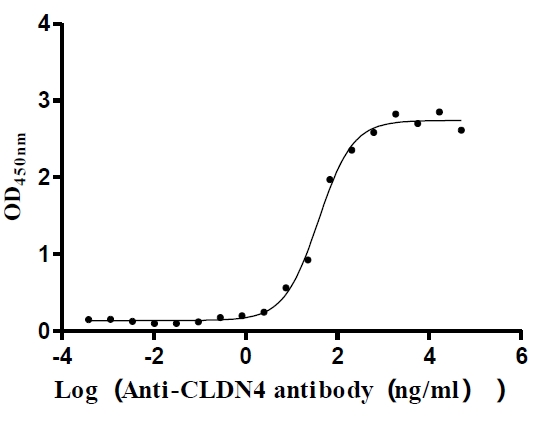
-AC1.jpg)
